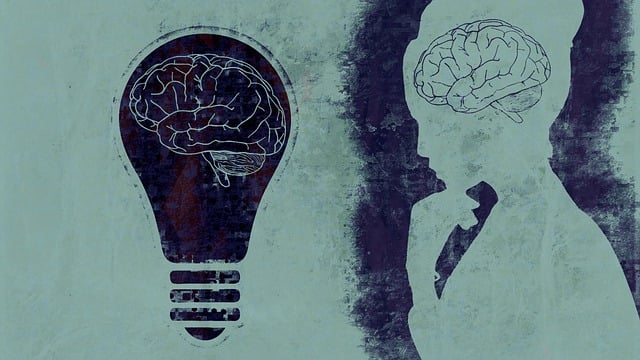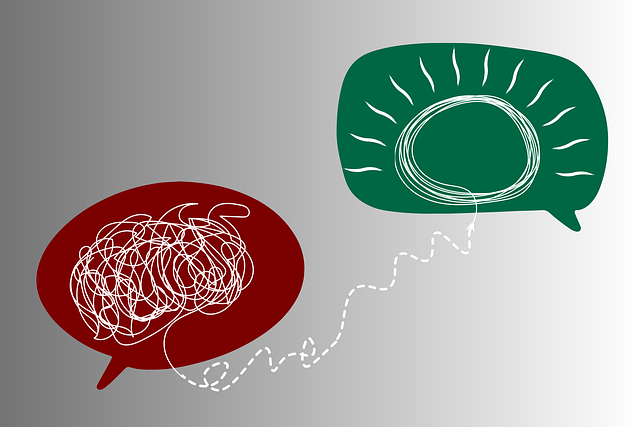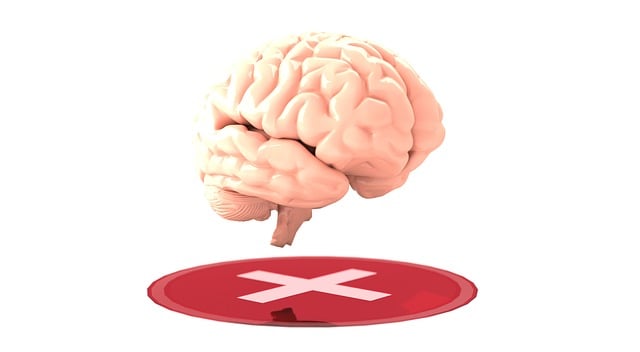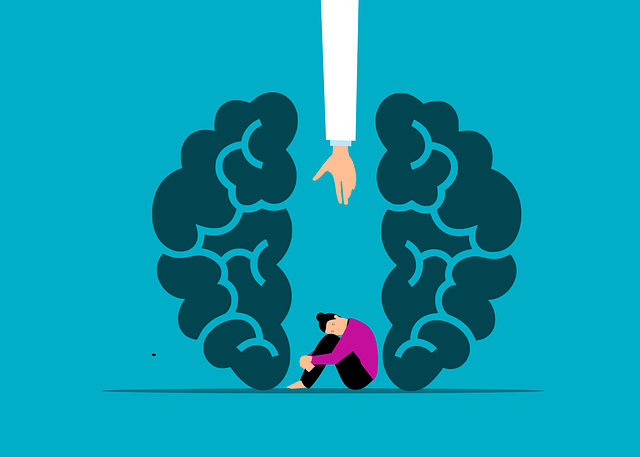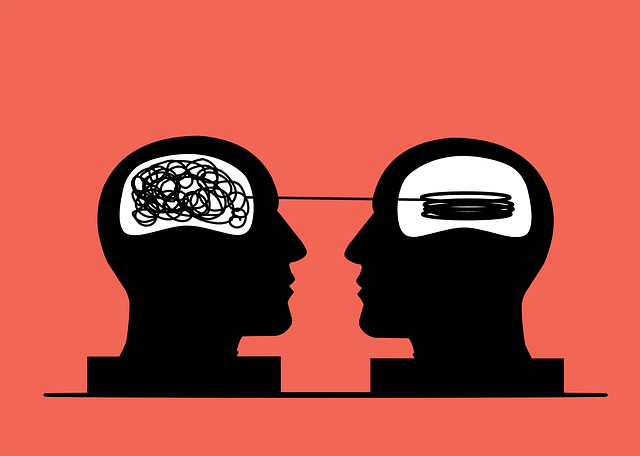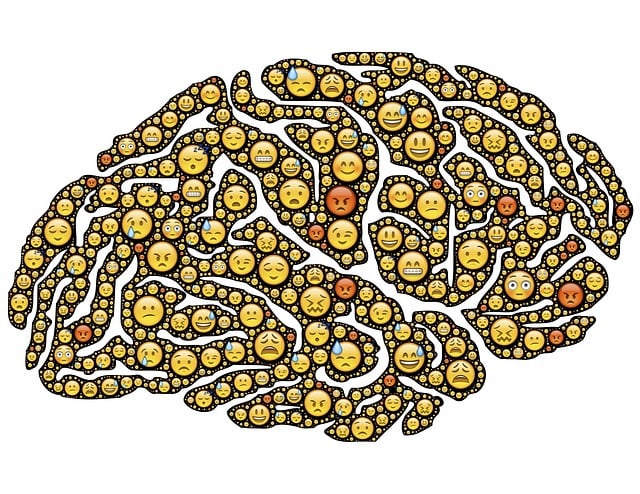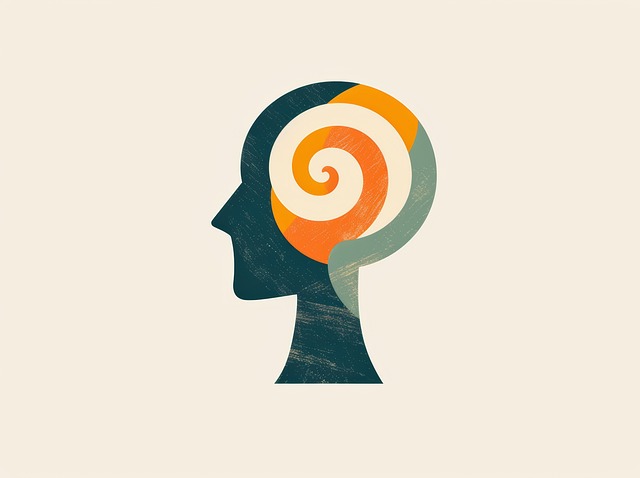Mental illness stigma reduction is a societal challenge driven by negative attitudes and discrimination towards individuals with depression. Broomfield Depression Therapy offers a revolutionary holistic approach, focusing on mind-body connection through self-awareness exercises to target root causes of depression. By combining emotional healing with community engagement, they foster understanding and reduce stigma. Advocacy for mental health equality, policy reforms, and public awareness campaigns are crucial to creating an inclusive society where everyone can seek support without judgment.
Mental illness stigma remains a significant barrier to treatment, but efforts are underway to reduce it. This article explores four key strategies in the fight against mental health stigma. We delve into the profound impact of understanding the barriers and challenges, examining innovative practices like Broomfield Depression Therapy’s holistic approach. Additionally, we highlight community engagement strategies that educate and empower individuals for positive change. Policy advocacy and representation are also crucial components toward achieving mental health equality.
- Understanding the Stigma of Mental Illness: Barriers and Challenges
- Broomfield Depression Therapy: A Holistic Approach to Reduction
- Community Engagement: Educating and Empowering for Change
- Policy and Representation: Advocacy for Mental Health Equality
Understanding the Stigma of Mental Illness: Barriers and Challenges

Mental illness stigma reduction is a complex process that involves tackling deep-rooted societal perceptions and behaviors. Stigma often manifests as negative attitudes, stereotypes, and discrimination toward individuals dealing with mental health challenges, such as depression. This leads to barriers that prevent people from seeking help, openly discussing their struggles, or even acknowledging their symptoms. Many face judgment from peers, family, and even healthcare professionals, creating a culture of silence where unspoken suffering prevails.
In Broomfield Depression Therapy, for instance, resilience building and stress reduction methods are integral parts of the treatment process. Social skills training is another powerful tool that equips individuals with the confidence to navigate social interactions without fear of rejection or stigmatization. By fostering understanding and empathy, these efforts aim to dispel myths surrounding mental illness, encouraging early intervention and improved quality of life for those affected.
Broomfield Depression Therapy: A Holistic Approach to Reduction

Broomfield Depression Therapy takes a holistic approach to reduce stigma surrounding mental illness by focusing on both the mind and body. This innovative treatment goes beyond traditional talk therapy, incorporating self-awareness exercises to help individuals understand their thoughts and emotions more deeply. By fostering better communication strategies, patients develop effective coping mechanisms, allowing them to express themselves honestly and connect with others on a deeper level.
The holistic nature of Broomfield Depression Therapy includes emotional healing processes that target the root causes of depression. Through various techniques, individuals learn to process and release traumatic experiences, leading to improved mental well-being. This comprehensive approach not only alleviates symptoms but also empowers individuals to challenge societal norms and reduce the stigma associated with seeking help for their mental health.
Community Engagement: Educating and Empowering for Change

Community engagement plays a pivotal role in reducing stigma associated with mental illness. By educating residents about conditions like depression and empowering them to support friends and family, Broomfield Depression Therapy contributes to fostering understanding and empathy. This approach helps dispel misconceptions and promotes early intervention, vital steps towards ensuring folks receive the help they need without delay.
Integrating self-care practices, mindfulness meditation, and burnout prevention strategies into community outreach programs further strengthens these efforts. These initiatives not only equip individuals with tools for managing their mental health but also cultivate a culture of care and resilience within the community at large.
Policy and Representation: Advocacy for Mental Health Equality

Mental illness stigma reduction efforts require a multifaceted approach, and policy plays a pivotal role in fostering equality within mental health services. Advocacy for mental health equality involves pushing for policies that ensure access to quality care, regardless of socio-economic status or background. This includes addressing disparities in funding allocation, which can significantly impact the availability and affordability of treatments like Broomfield Depression Therapy. By championing policies that prioritize mental well-being, we can create a more inclusive society where individuals are empowered to seek support without fear of judgment.
Representations in media and popular culture also contribute to shaping public perceptions. Developing Public Awareness Campaigns that promote understanding and empathy can dispel myths and reduce stigma surrounding mental health issues. Furthermore, integrating Compassion Cultivation Practices into educational curricula and community programs can foster a sense of inner strength development, encouraging individuals to offer and receive support with kindness and understanding. These collective efforts are essential in creating an environment where mental illness is met with compassion rather than isolation.
Mental illness stigma reduction is a multifaceted effort requiring understanding, holistic approaches like Broomfield Depression Therapy, community engagement through education, and policy advocacy. By addressing barriers and challenges, we can foster an environment of equality and support for mental health. These efforts collectively contribute to breaking down the walls of isolation and promoting well-being for all.
